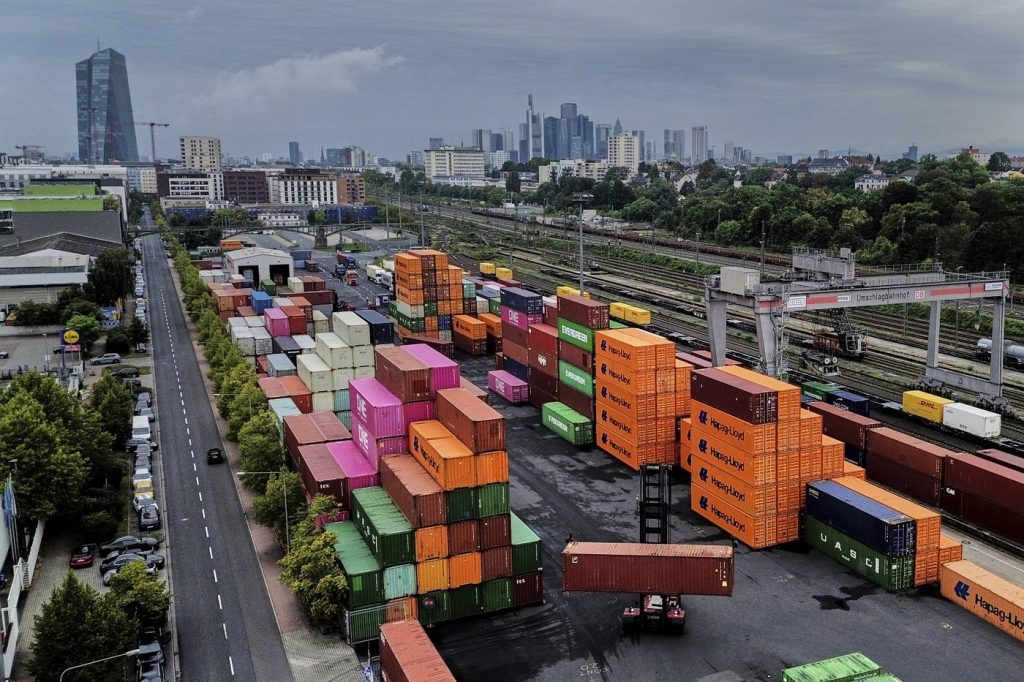In a recent announcement, President Donald Trump revealed a series of significant import tariffs set to take effect on October 1. The new tariffs include 100% on pharmaceutical drugs, 50% on kitchen cabinets and bathroom vanities, 30% on upholstered furniture, and 25% on heavy trucks. This move reflects Trump's steadfast support for tariffs as a means to bolster domestic manufacturing and reduce the government's budget deficit.
Despite lacking a clear legal justification for the tariffs, Trump asserted on Truth Social that the taxes were necessary "for National Security and other reasons." The administration's justification stems from a Section 232 investigation under the Trade Expansion Act of 1962, launched in April to evaluate whether imports of pharmaceutical drugs and trucks pose a threat to national security. The Commerce Department also initiated a similar investigation concerning timber and lumber earlier, although it remains uncertain if this is linked to the tariffs on furniture.
The introduction of these tariffs adds another layer of uncertainty to the U.S. economy, characterized by a robust stock market but a troubling outlook for employment and rising inflation rates. Higher import taxes could lead to increased consumer prices, affecting hiring practices, a trend already indicated by current economic data. Federal Reserve Chair Jerome Powell recently noted inflation is being driven by higher goods costs, with the latest figures suggesting this could be a contributing factor to the inflation levels seen this year.
Trump's post on Truth Social indicated that pharmaceutical companies investing in U.S. manufacturing facilities would be exempt from these tariffs, but the application of tariffs for existing U.S. manufacturers remains ambiguous. In 2024, America imported approximately $233 billion worth of pharmaceutical products, raising concerns that doubled prices for certain medications could have significant implications for voters, especially regarding Medicare and Medicaid costs.
The announcement regarding pharmaceutical tariffs marked a departure from Trump's earlier stance on gradual implementation, where he had proposed starting with lower tariffs that could incrementally increase. Despite this, major pharmaceutical companies—including Johnson & Johnson and AstraZeneca—have reportedly committed to investing in U.S. production, potentially influenced by the earlier threats of tariffs.
Economic experts, such as Pascal Chan from the Canadian Chamber of Commerce, warned that the tariffs could have adverse effects on American health care, resulting in immediate price hikes and stressing insurance systems, leading to potential shortages in hospitals and necessary medications. The new tariffs on kitchen cabinetry could further exacerbate challenges for homebuilders at a time when housing prices and mortgage rates are already challenging for many home buyers.
Trump has argued that heavy trucks and parts sourced from foreign manufacturers harm domestic producers, stating that manufacturers like Peterbilt and Freightliner need protection from international competition. He has been a long-time advocate for tariffs, claiming that they drive companies to invest domestically, despite criticisms that such measures could lead to higher consumer prices.
Historically, Trump's reliance on tariffs has faced legal challenges, with two federal courts determining that his broader tariffs exceeded presidential authority under a particular 1977 law. A Supreme Court hearing regarding this matter is scheduled for November. Trump continues to maintain that inflation is not an issue for the U.S. economy, although recent data indicates a 2.9% increase in the consumer price index over the past year, rising from an annual pace of 2.3% in April.
Notably, recent job cuts reported by the Bureau of Labor Statistics show a decline of 42,000 manufacturing jobs and 8,000 construction jobs since April, raising questions about the effectiveness of tariffs in creating domestic employment. Despite acknowledging the negative impact of tariffs on American farmers during the China trade conflict, Trump promised to allocate tariff revenues to support these farmers, as he did in previous years.












